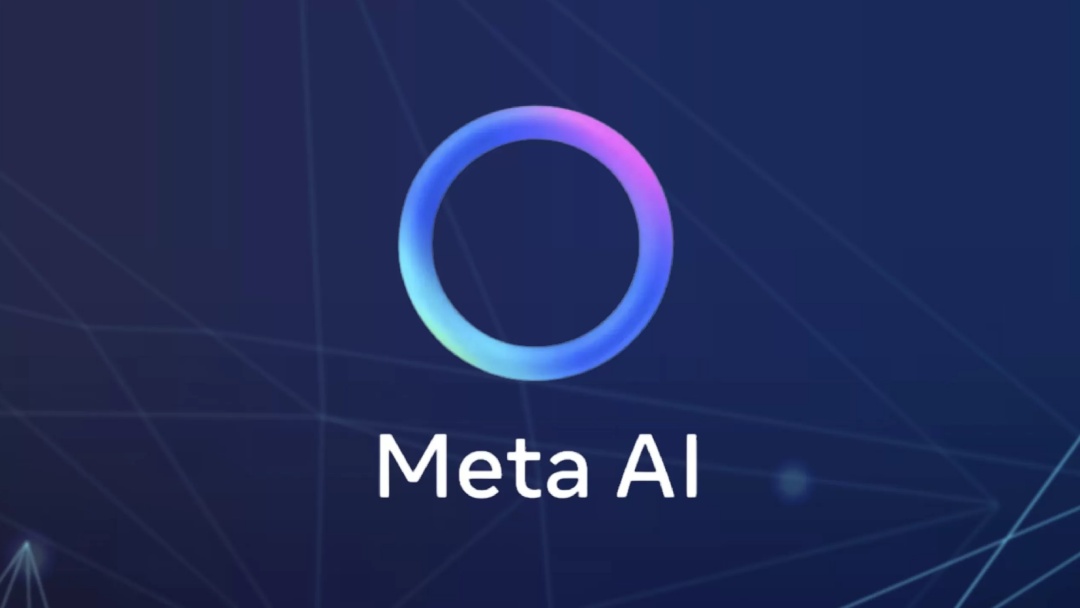lipflip – Starting December 16, Meta will use your interactions with its AI-powered products to personalize ads and content on Instagram and Facebook. Until now, Meta has relied on user activity across its platforms to serve targeted ads. The upcoming change adds a new layer: conversations users have with Meta AI chatbots.
Read More : SpaceX Job Posting Hints at Possible Starlink Retail Move
For example, if you talk with Meta AI about family vacations, you might see vacation-related Reels on Facebook. Christy Harris, Meta’s privacy and data policy manager, explained this new approach clearly. Meta will start notifying users about this update on October 7. However, users cannot opt out of this personalization unless they delete their account or stop using Meta AI products. Voice interactions from Ray-Ban Meta Smart Glasses will also influence the content shown in feeds.
This move follows Meta AI reaching 1 billion active monthly users. CEO Mark Zuckerberg previously suggested the company might introduce ads inside AI chat experiences. Although many users assumed AI chat data was already used for advertising, Meta aims to be transparent about this new policy. Harris emphasized the company’s intent to provide a clear warning before using chat data for ad targeting.
The only exception to this new data use is WhatsApp. Meta will not use AI conversations from WhatsApp for ads or recommendations unless users link their WhatsApp account with other Meta apps. This separation reflects the messaging app’s strong focus on privacy.
What This Means for Meta Users and Privacy Concerns
Meta’s decision to tap AI chat interactions for ad personalization raises important questions about user privacy and data control. Using AI conversation data adds a new dimension to Meta’s already extensive data collection across Facebook and Instagram. Now, what you discuss with chatbots will influence the ads and content you see daily.
Because there is no opt-out option, users must weigh their comfort with sharing AI chat data against their desire to use Meta’s AI features. Meta’s transparency about this change marks an attempt to build trust, but critics may still view it as an invasive move. The integration of voice data from smart glasses further expands the scope of collected information.
For businesses and marketers, this change could improve ad targeting by providing deeper insights into user interests based on AI conversations. However, users might feel uneasy knowing their private chats contribute to ad personalization. The exception for WhatsApp highlights Meta’s recognition of privacy expectations in certain spaces.
Read More : Elon Musk Faces Apple Motion to Dismiss xAI Lawsuit
As AI technology continues evolving, how companies like Meta use conversational data will likely face increased scrutiny. Users should stay informed and review privacy updates to make choices that align with their preferences. This shift also signals the growing role of AI in shaping digital experiences and advertising strategies across social media.
In summary, Meta’s use of AI chat data for ads represents a significant change in digital advertising and user privacy. Starting December 16, your conversations with Meta AI will help shape the content and ads you see, unless you stop using these AI products or delete your account. This development underscores the ongoing balance between innovation and privacy in the digital age.
